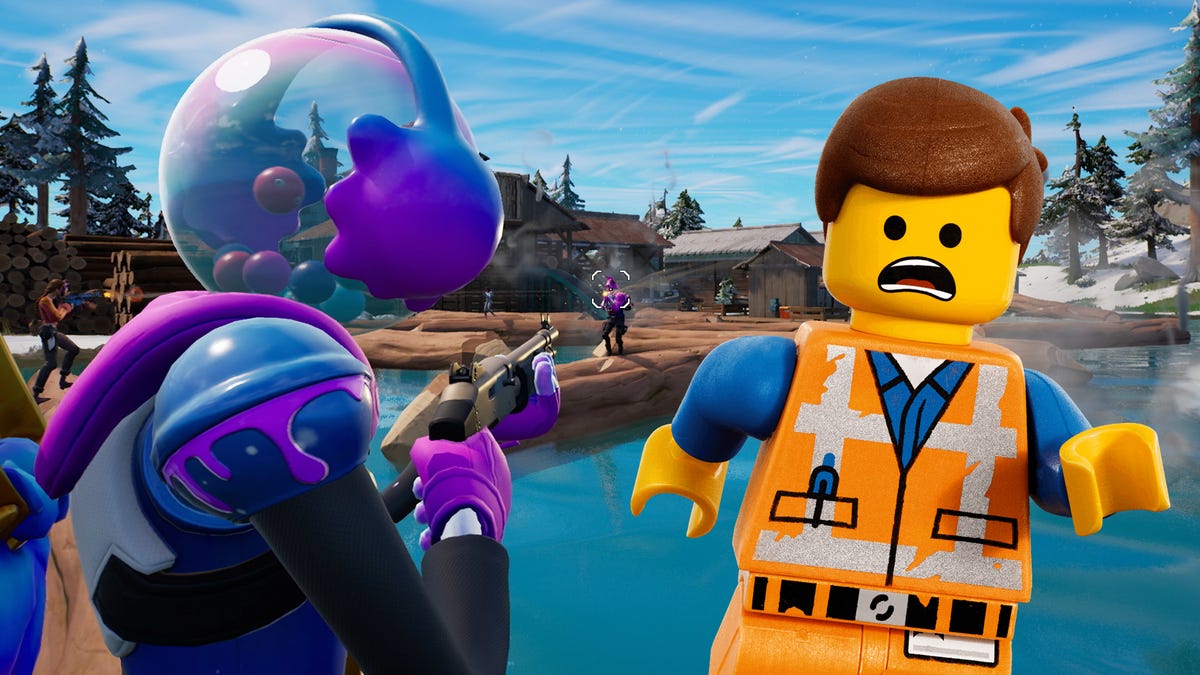As video games get more expensive to make, and publishers grow ever more adverse to taking risks with that expenditure, the last few years have seen a growing trend of old video games being made new once more.
You Might Have Missed 2023's Coolest Shooter
Share SubtitlesOffEnglishShare this VideoFacebookTwitterEmailRedditLinkview videoYou Might Have Missed 2023’s Coolest Shooter
I’m not talking about a direct port to let people play an old game on a new system. We’re all used to that, that’s fine. I’m talking about blockbuster, lavish recreations of classic games, rebuilt from the ground up to essentially look and play like modern releases. Think Final Fantasy VII, or Resident Evil. Or even Max Payne, whose announcement today contained the following line tucked away in its press release:
My first thought on reading that was: wow, that’s a lot of money to remake a couple of games that weren’t that popular, and which are still available and playable today. My second thought was: maybe that money and time could have been spent making a new Max Payne game instead? Or even a new video game entirely?
You don’t need to tell me why this is happening. I know why. Publishers want to sell video games but don’t want to take risks, so remakes of classics with trusted brand names are a safer bet. What’s more, if you want to test the waters with a potential new audience, to see how an older property can resonate with a younger crowd, this is a good way to do it.
But I’m not here to talk about the way things are. I want to talk about a way things could be better! This obsession with the past sucks! These games have been made and released already, for a time, for an audience, for a platform. People played those games, those experiences became a part of the time, leading to sequels, then Alan Wake, Quantum Break, Control. None of that took place in a vacuum. It happened on a timeline, on which we’re now at the part marked “2022".
Max Payne is a game released in 2001. Max Payne 2 is a game released in 2003. That’s where they came from and, from their design to their writing to their messages, maybe that’s where they belong. Hell, for all its other flaws 2012's Max Payne 3 is built around an acknowledgement of this, that ten years later Max was an older, sadder man, a slower relic of a former time.
I’m not saying that a new take on old Max Payne games will suck, or be a “bad” release that you won’t enjoy playing and that you shouldn’t buy. I’m just saying—bear with me—that life on this planet is finite, as are its resources and our time on it, and I can’t help but think in weird zero-sum terms every time one of these big remakes is announced, that a publisher’s time and money could be better spent on doing something new instead.
While there’s always some comfort to be found in revisiting old favourites, video games to me are a medium at its best when it’s pushing the boundaries, using advancing technology and design principles to craft new and exciting experiences. Not, in this and an increasing number of other cases, giving old games a glow up.
There’s not even an argument here that these games give players a chance to play something they couldn’t otherwise experience on modern hardware (an angle which I never buy in these cases anyway, since that’s a consequence of the industry’s utter negligence towards true game preservation). The Max Payne series was born on PC, and both 1 & 2 are still available on Steam. Or at least they are in some places; late last year both games were delisted in many regions around the world, in a move eerily similar to that pulled by Rockstar before they yanked the older versions of Grand Theft Auto games and replaced them with the upsold, deeply busted remastered trilogy.

